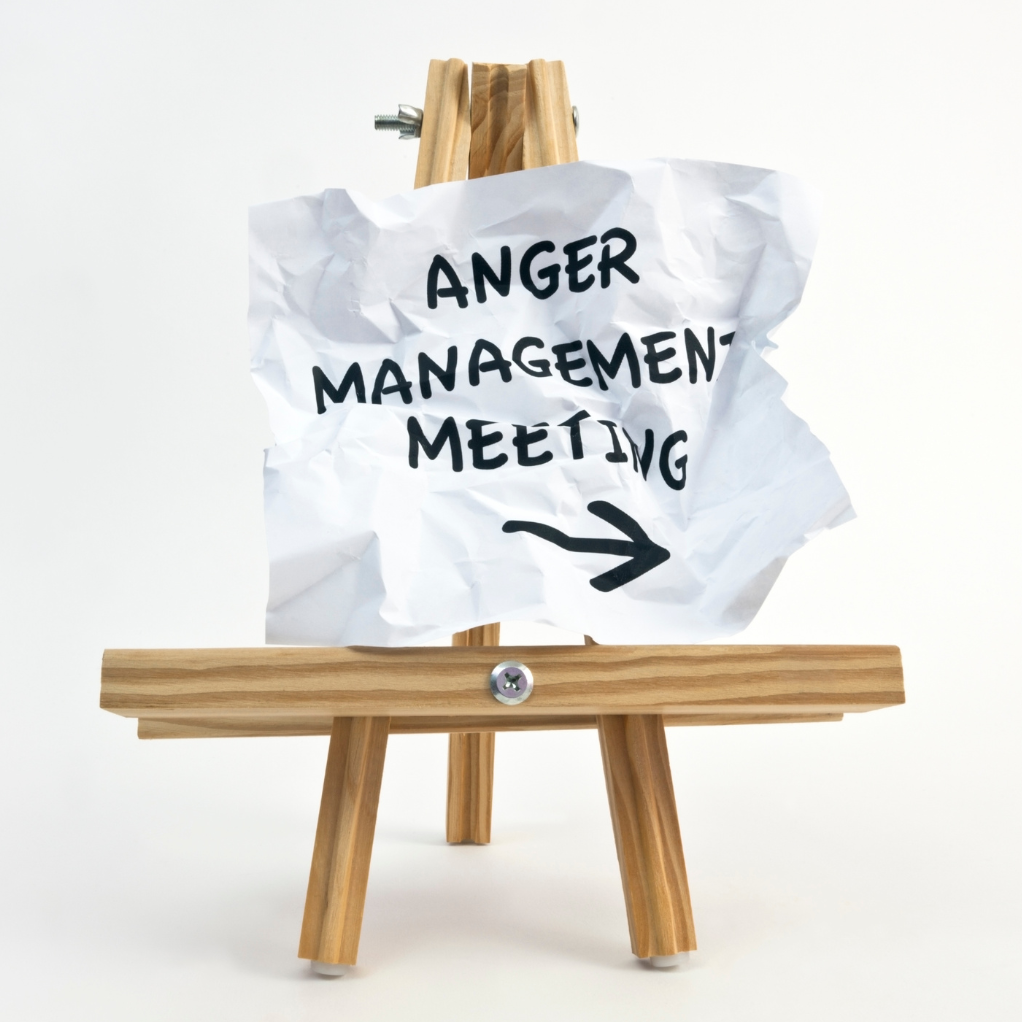
Introduction to Anger Management Anger is a natural human emotion that, when managed properly, can be a healthy response to perceived threats or injustices. However, when anger becomes frequent, intense, and uncontrolled, it can lead to problems in relationships, work, and overall quality of life. Understanding and managing anger is crucial for leading a balanced and harmonious life.
Causes of Anger Anger can stem from a variety of sources including stress, family problems, financial issues, or unrealistic expectations. It can also be a symptom of underlying issues such as depression, anxiety, or past traumas. Recognizing the root causes of anger is the first step towards effectively managing it.
Symptoms and Diagnosis Anger can manifest through a variety of symptoms including irritability, frustration, yelling, arguing, and physical aggression. It can lead to physical symptoms such as increased heart rate, blood pressure, and adrenaline. Professionals often use psychological assessments and self-report measures to diagnose anger issues.
Effective Treatment Options
- Cognitive-Behavioural Therapy (CBT): CBT is a highly effective treatment for anger, helping individuals identify and change negative thought patterns and behaviours associated with anger. It involves learning to recognize triggers, improve communication skills, and develop coping strategies.
- Relaxation Techniques: Methods such as deep breathing, meditation, and progressive muscle relaxation can help reduce physiological arousal associated with anger.
- Problem-Solving: Developing effective problem-solving skills can help manage situations that trigger anger. This involves learning to approach problems calmly and systematically to find solutions rather than reacting impulsively.
- Communication Skills: Improving communication skills can help express feelings and needs assertively without becoming defensive or hostile.
Managing Anger in Daily Life
- Acknowledge your anger and take time to cool down before reacting.
- Express your feelings calmly and assertively, without being aggressive.
- Exercise regularly to reduce stress and improve your mood.
- Avoid alcohol and drugs as they can increase aggression.
- Seek support from friends, family, or professionals when needed.
Conclusion Anger doesn’t have to control your life. With the right strategies and support, you can learn to manage your anger effectively and express it in healthy ways. Remember, seeking professional help is a sign of strength, not weakness. By addressing anger constructively, you can improve your relationships, your health, and your overall well-being.
For those seeking further information and support on managing anger, visit francescocarco.com for research-based treatments and support.

